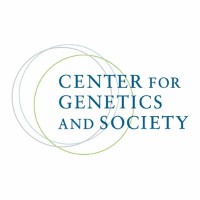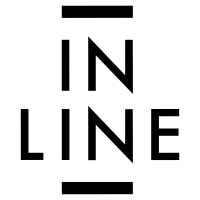
Center for Genetics and Society
The social implications of new and emerging human biotechnologies are far-reaching and profound. Genetic, reproductive and biomedical technologies have the power to promote or undermine individual well-being and public health, create private fortunes or advance the public interest, and foster or threaten a just and fair society. Used appropriately, many human biotechnologies hold great potential for treating disease and alleviating suffering. But these same tools can also be abused, either deliberately, inadvertently, or because of our inattention and inaction.






